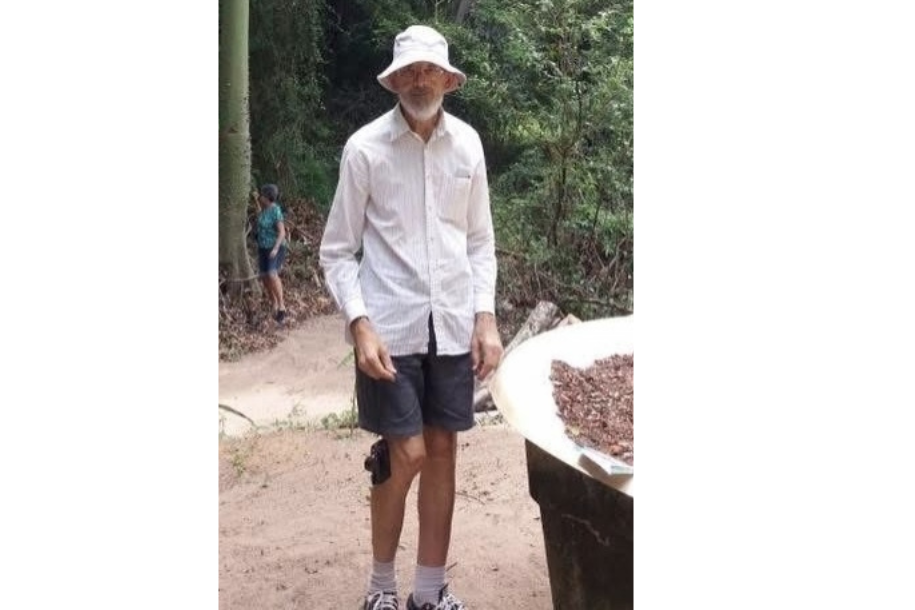David Hassett, who devoted his life to nature and ecology, died on 23 February 2025 at the Santuario Ecologico de Pipa, RN, Brazil. He was a pupil at LGS from 1960 to 1966 and continued his studies at Bristol and London universities.
He met and married a Brazilian girl and they moved to Brazil where in 1984 David set up the Socieda Brasiliera de Cultura Inglesa do RN in Natal. This was an ecologically friendly establishment teaching English and promoting the importance of education about ecology and the environment. He was also well-known as a translator, narrator and presenter.
In 1986, he was gifted a piece of land on the cliff tops overlooking the Atlantic above a small fishing village, Pipa, and bought an adjoining strip of land. This was the start of his conservation adventure leading to the founding of the Santuario Ecologico de Pipa. This reserve is well-known for being the setting for the nesting and birth of sea turtles, and an observation point for dolphins out at sea. David also gradually acquired and rescued other environmentally precious wild-life sites that were being threatened by commercial logging and exploitation.
In 2009, he founded the Institute for the Safe-guarding of Inspirational Landscapes and environmental Reserves (INSPIRA).
It was David’s vision to encourage and inspire the local community to become aware of their unique surroundings and to be involved in creating and developing the reserve. Establishing the Santuario Ecologico de Pipa fulfilled his dream of a community of like-minded nature-lovers, ecologists, villagers and volunteers living and working together to preserve and conserve the natural environment. This was his true legacy, and it is the mission of this small reserve to educate visitors about the special and fragile nature of the Atlantic Forest. It welcomes hundreds of school parties and offers activities to support teaching and encourage pupils’ love of nature through learning.
In 1998, David received the Kew International Medal which is awarded for “significant contribution to Science and conservation and for providing knowledge and understanding of plants and fungi”. He received many other awards in recognition of his work.
David achieved much in his life-time despite suffering from early-onset Parkinson’s for many years, and was admired for his stoicism in dealing with this crippling illness. He was a modest gentle man who displayed an inner strength of character. He was much loved, and an inspiration to anyone who met him.





